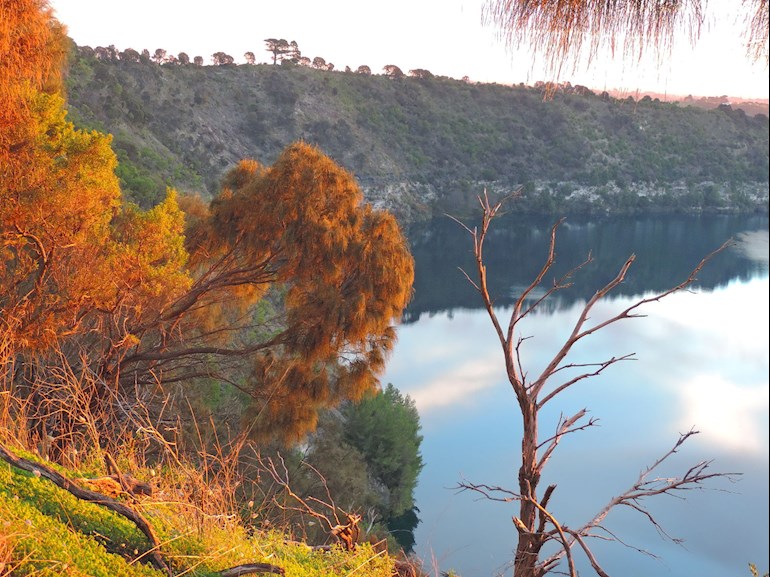The only thing chemical free is a perfect vacuum.
"Food is a bunch of chemicals, nothing more, nothing less. When we eat, we eat chemicals. Some are simple, such as water or salt. Some are complex, such as the proteins in steak. But they’re all chemicals.
There is no part of food that is not chemical. If you eat an apple that weighs a hundred grams, you have eaten a hundred grams of chemicals." explains Matthew Todd,
School of Chemistry, University of Sydney: theconversation.com/we-eat-...
Why are people alarmed by this idea? It’s partly that the word “chemical” has had a bad public relations run. There’s a feeling that natural “things” are good for us, but synthetic “chemicals” are bad.
This is, of course, nonsense. I work on a drug given to people suffering from the parasitic disease Bilharzia, which is extraordinarily effective. Millions of lives have been transformed. The drug is a synthetic chemical that does not occur in nature.
Humanity discovered it by making it. We should be proud. I’m not so keen on strychnine, although you find that in nature. I’d rather not.
Then there's Kitchen Science: everything you eat is made of chemicals, by Chris Thompson, Lecturer in Chemistry, Monash University: theconversation.com/kitchen...
Earnest websites, advertisements and well-meaning popular articles routinely warn us about nasty “chemicals” lurking in our homes and kitchens. Many tout the benefits of switching to a “chemical-free lifestyle”.
The problem is: the word “chemical” is entirely misused in these contexts. Everything is a chemical – common table salt (sodium chloride), for instance, and even water (dihydrogen oxide).
Of more relevance to us with CLL - Explainer: do common chemicals increase your risk of cancer? theconversation.com/explain...
There are valid concerns over chemical exposure and cancer risk. The World Health Organization (WHO) and International Agency for Research on Cancer (IARC) estimate toxic environmental exposure to known carcinogens accounts for between 7% and 19% of cancer cases. With around 14 million new cases of cancer diagnosed worldwide annually, this accounts for a huge personal and financial cost.
:
The IARC classifies chemicals on a scale of decreasing carcingogenic certainty. The widely used weedkiller glyphosate, for example, was recently classified in Group 2: possibly/probably carcinogenic to humans.
For context, this places it in the same category as burning wood in your fireplace and shift work. There is a possible link to lymphoma with very high glyphosate exposure (for farmers spraying huge quantities of the stuff) but the data are limited and conflicting.
In this context, with the exception of occupational exposure to agent orange, hair dyes and perchloroethylene/tetrachloroethylene, there is no recognised chemical exposure with a strong link to the development of CLL
Finally, Unproven cancer risks diverting focus from real cause: lifestyle
theconversation.com/unprove...
The fixation on potentially cancer-causing chemicals in the air, food and consumer products is diverting attention from the real risks, according to a review of global evidence by an Australian cancer researcher.
:
Writing in the medical journal The Lancet Oncology, Professor Bernard Stewart, from the University of New South Wales, said that lifestyle factors - driven by “personal choices” - were the most significant proven causes of cancer.
“Measures known to prevent cancer include smoking cessation, reducing alcohol intake, curbing obesity and avoiding deliberate sun exposure,” said Professor Stewart, who reviewed medical literature from around the world on known and suspected cancer hazards.
“Diverting attention from these messages threatens to undermine their efficacy to deliver proven benefits.”
Alarmist media reporting had heightened fears about a multitude of possible cancer causes - from widespread and localised pollution, to pesticides, endocrine disrupting chemicals and consumer products such as mobile phones, he said.
As Matthew Todd says "Our world, in all its breathtaking diversity, is completely composed of chemicals."
Neil
(This post is unlocked)
Photo: Chemicals can produce some amazingly beautiful landscapes

